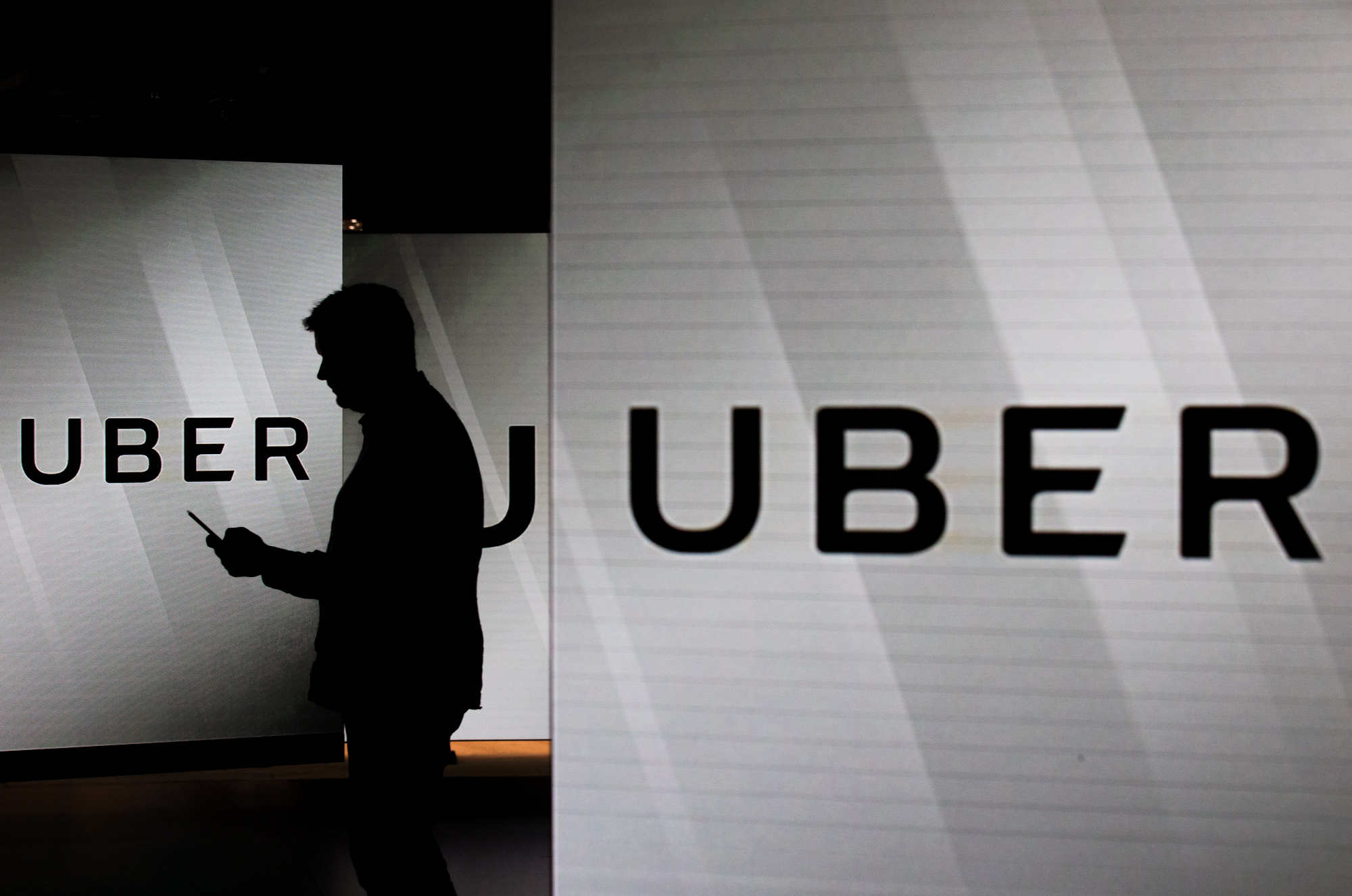A recent Uber and Public First Economic Impact Report has shed light on the platform’s transformative impact on the local economy, job creation, and community development since its launch in South Africa more than a decade ago.
However, while the company claims it made a significant R17-billion contribution to the economy in 2023, several Uber drivers interviewed by Daily Maverick expressed discontent with their working conditions and said the benefits were not filtering down.
Who is being taken for a ride?
Trevor did not want his full name to be published as he felt this may jeopardise his job. He has been driving for the company for more than five years and has mixed sentiments about it. While he appreciates the opportunity to earn a living through Uber, he expressed frustration with the introduction of UberGo, which includes a monthly subscription.
The service has led to reduced prices, benefiting customers but reducing drivers’ earnings.
“We are not making any money, we are struggling. I can feel it with what I am getting,” said Trevor, citing his typical take-home pay of around R700 per day, which is less than he earned five years ago.
Sindile Mba, who has been an Uber driver since 2013, also expressed dissatisfaction.
“Uber claims to charge 25% commission on fares, but when you sit down and calculate it’s actually way more,” he said.
He expressed frustration at not having direct access to company leaders and managers and noted that drivers face the risk of swift termination if a customer complains, often without being given a fair hearing or an opportunity to share their side of the story.
Omar Parker, the general secretary of the Western Cape E-hailing Association, acknowledged that while Uber had created jobs and contributed to the economy, the employment opportunities it provided were not sustainable.
Parker said drivers “do not benefit” from Uber’s economic contribution because of their low wages, which must cover expenses including transportation costs, data fees, car maintenance, insurance premiums and petrol.
Parker criticised Uber’s practice of deactivating drivers’ accounts after customer complaints, without providing a fair hearing or representation. He highlighted the hidden costs associated with Uber’s 25% commission fee, which includes public promotions that can take the total commission deducted from drivers to more than 40%.
Parker said drivers were not registered as full-time employees, which meant they did not have access to benefits such as UIF. He estimated that Uber drivers can make around R4,000 to R5,000 per week in winter and R7,000 to R8,000 per week in summer.
Financial stability
Uber’s platform, which was launched in 2013, has redefined traditional employment and the gig economy, offering a lifeline to those seeking financial stability. The popular ride-share app enjoys global success, operating in over 70 countries and more than 10,000 cities, and in 25 locations across South Africa.
Read more: Uber now serves 80% of South Africa’s urban population
South Africa’s official unemployment rate hit a high of 33.5% in the second quarter of this year, before dropping to 32.1% in the third quarter. Over the last decade, Uber has emerged as a new work model, providing flexible earning opportunities for thousands of South Africans.
The Uber/Public First study claims drivers earned an additional R2.3-billion in 2023 or an average of 57% more than their next best alternative; and places a value of R1.4-billion on this increased flexibility.
“Fifty-five percent of drivers and delivery partners choose to work with Uber and Uber Eats over other earning opportunities because of the ability to be their own boss,” says the report.
Uber’s statistics
The study said Uber’s economic contribution includes:
- Enabling restaurants in South Africa to leverage delivery as an additional revenue stream via Uber Eats, creating an estimated R1.6-billion in additional value for the sector in 2023.
- Supporting the “nighttime economy” in South Africa, generating an estimated R394-million in additional value by allowing people to safely travel to and from bars, clubs and restaurants late at night.
- A positive impact on the tourism industry in South Africa, creating an estimated R1-billion in additional value for the sector in 2023 by facilitating tourist trips.
Ofentse Madisha, the head of public policy at Uber South Africa, reaffirmed the company’s dedication to creating a lasting, positive impact in the country.
“This report highlights our dedication to driving meaningful changes across sectors like retail, tourism and the gig economy while fostering safe, reliable and convenient connections within and to communities,” he told Daily Maverick. DM





